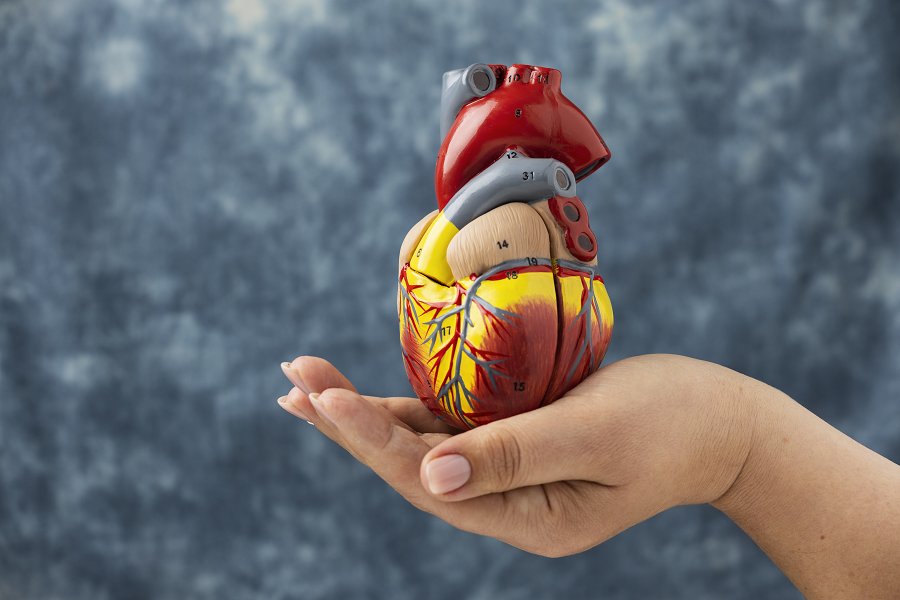
Heart Rate vs Blood Pressure: What’s the Difference and Why It Matters
In today’s health-conscious world, it’s common to check your heart rate and blood pressure — especially if you’re tracking fitness or monitoring a medical condition. But while these two numbers often show up side by side on a report or a smartwatch, they measure very different things.
Understanding the difference between heart rate and blood pressure can help you better interpret your health, avoid confusion, and know when it’s time to consult a doctor.
What is Heart Rate?
Heart rate, or pulse, is the number of times your heart beats in a minute. A normal resting heart rate for adults usually ranges between 60 and 100 beats per minute (bpm). Your pulse can change based on:
- Physical activity
- Emotional stress
- Body temperature
- Medications
- Health conditions
Example: Your heart rate naturally increases during exercise and decreases while you’re resting or sleeping.
What is Blood Pressure?
Blood pressure (BP) is the force of blood pushing against the walls of your arteries as your heart pumps it around the body. It’s measured in millimeters of mercury (mmHg) and is recorded as two numbers:
- Systolic (top number): Pressure when the heart beats
- Diastolic (bottom number): Pressure when the heart rests between beats
A normal BP reading is usually around 120/80 mmHg.
Can You Have a Low Pulse and High BP?
Yes, though it might sound unusual. A low pulse with high blood pressure can happen in conditions like:
- Hypothyroidism
- Heart block
- Use of certain beta-blockers
This combination may not always be dangerous, but if it happens consistently — especially with symptoms like dizziness or fatigue — you should seek medical advice.
What About High Blood Pressure and High Heart Rate?
This is more common, especially during:
- Physical exertion
- Stress or anxiety
- Fever or infection
However, if both your heart rate and blood pressure stay high at rest, it could point to underlying issues like:
- Hypertension
- Overactive thyroid
- Dehydration
- Heart rhythm disorders
How to Keep Both in Check
Maintaining a healthy lifestyle benefits both your heart rate and BP:
- Exercise regularly (like brisk walking or yoga)
- Limit salt and caffeine intake
- Stay hydrated
- Avoid smoking and alcohol
- Practice stress management — breathing exercises, mindfulness, etc.
Although heart rate and blood pressure are often measured together, they tell different stories about your cardiovascular health. Don’t panic if one number is off — look at the full picture and consult your doctor if something feels off.Want to know your numbers? Book a Heart Health Package